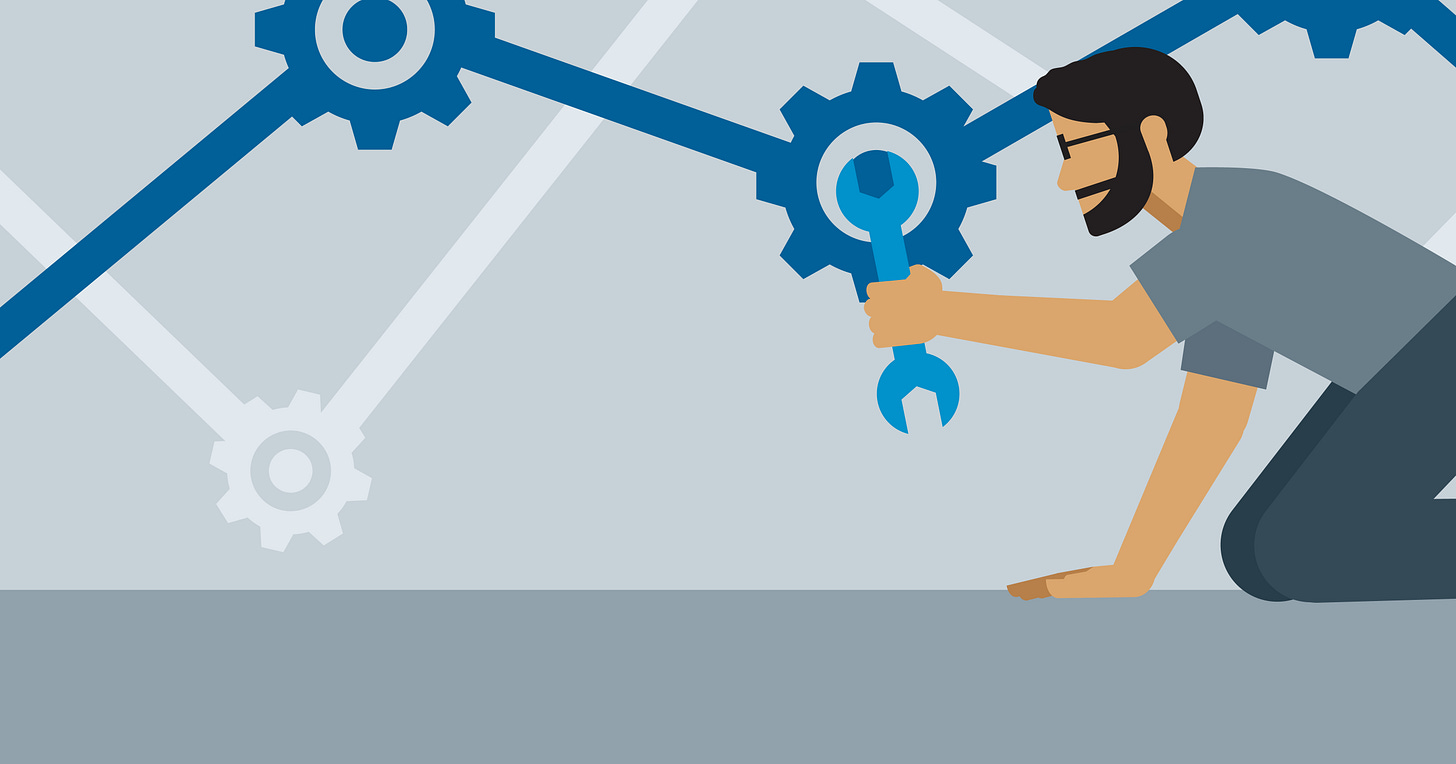
I'm newly calling myself a data engineer. I'm a grumpy old man who loves data and hates sloppy. I used to call myself a 'cloud data guy' because that pretty much explained it. But then people started making distinctions between 'data scientist' and 'data architect' and 'data modeler' and 'devops', and it made me more grumpy. I've been doing this stuff f…
Keep reading with a 7-day free trial
Subscribe to Stoic Observations to keep reading this post and get 7 days of free access to the full post archives.


